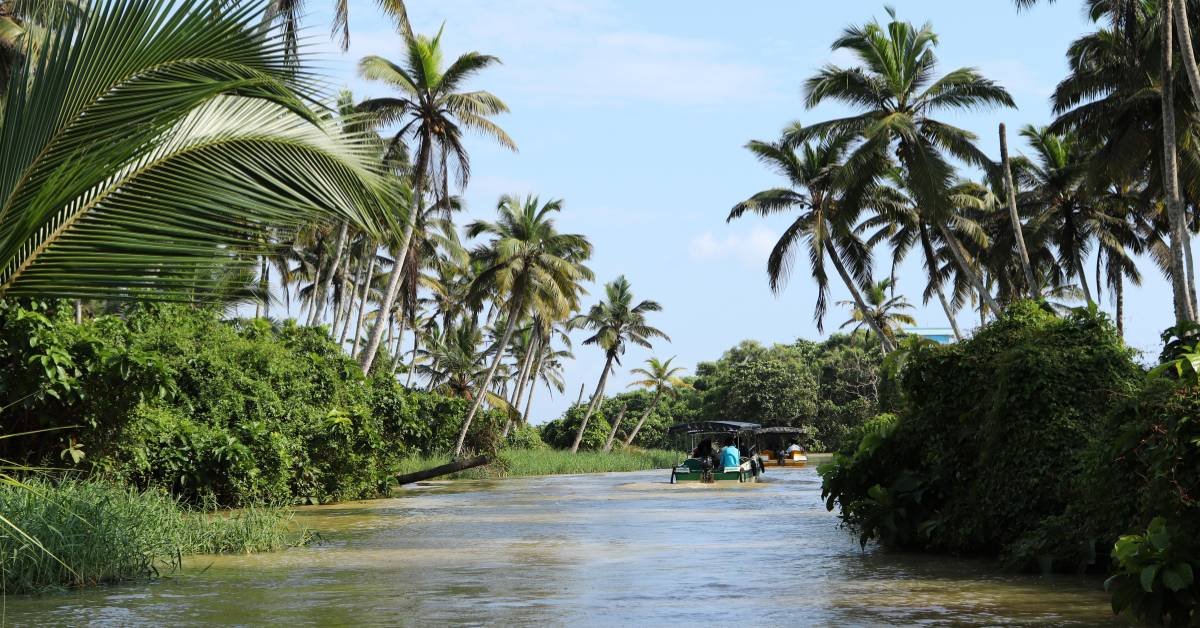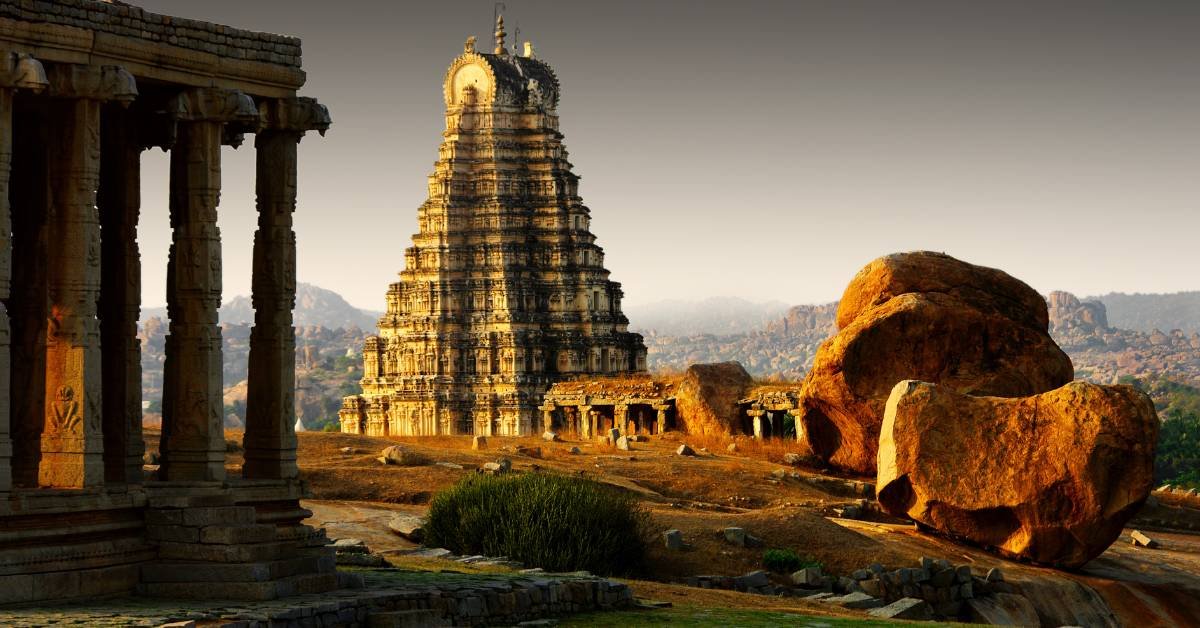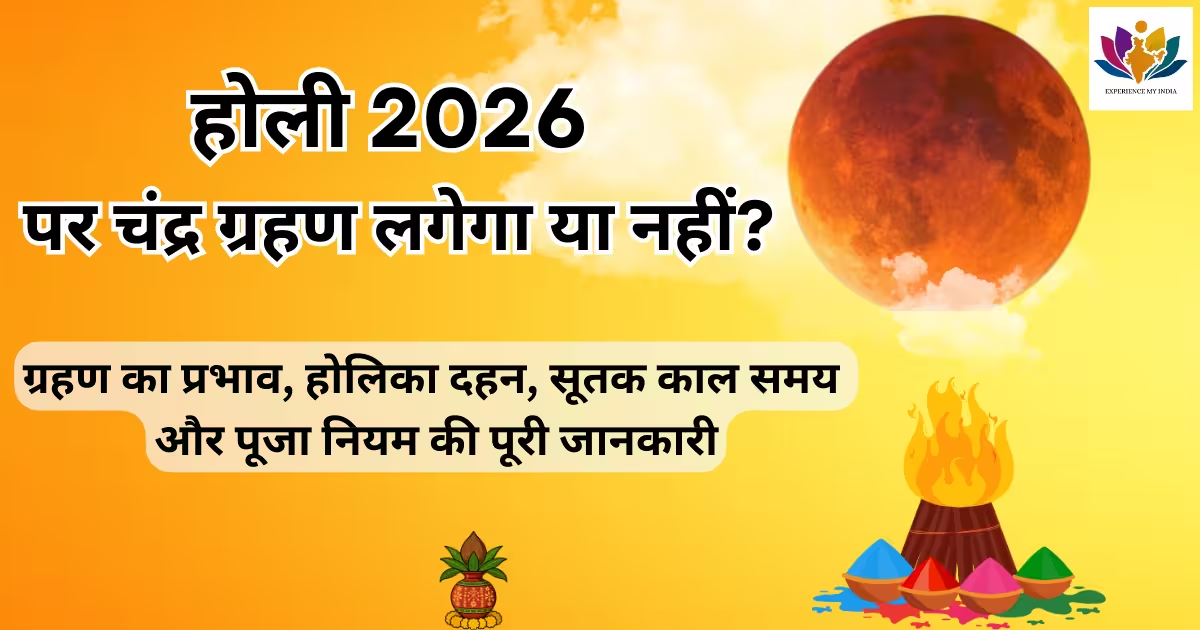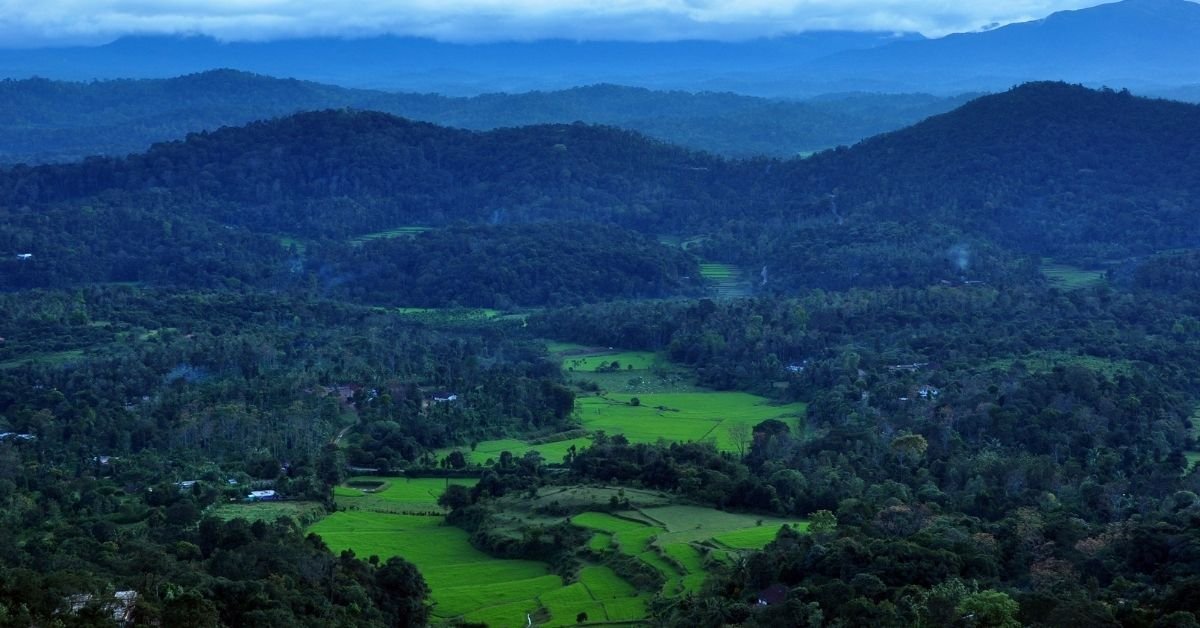Ranthambore National Park, nestled between the Aravalli and Vindhya hill ranges in Rajasthan, is one of India’s most celebrated wildlife reserves. Known for its thriving population of Royal Bengal Tigers, ancient ruins, serene lakes, and an unfiltered jungle atmosphere, it offers a rare blend of nature and heritage. But when is the best time to visit Ranthambore?
That answer depends on your travel goals—do you seek tiger sightings, comfortable weather, crowd-free zones, or vibrant forest life? Each season offers a distinct experience. In this guide, we dive deep into everything you need to know—weather, wildlife behavior, zone accessibility, and even accommodation tips—so you can choose the best time for your unforgettable Ranthambore adventure.
Ranthambore’s Seasonal Cycle: When the Park Opens and Closes
Ranthambore follows a well-defined tourist season that aligns with wildlife safety, forest recovery, and climatic conditions.
- Open Season: 1st October to 30th June
- Closed Season: July to September (monsoon)
- Safari Timings:
- Morning Safari: 6:00 AM to 10:00 AM
- Evening Safari: 2:30 PM to 6:30 PM (timings vary slightly with seasons)
During the open season, both core zones (1–5) and buffer zones (6–10) are accessible for safaris. The park remains shut during the monsoon to protect breeding wildlife and allow vegetation to regenerate. However, in recent years, buffer zones may open on select days in July or August, depending on rainfall and forest safety.
If you're looking for tiger sightings, October through June provides ample opportunities—each month adding its unique charm.
October to February – Ideal for Comfort and Scenery
This period marks the post-monsoon and winter season, considered the best time to visit Ranthambore for scenic beauty and pleasant safaris.
Why Visit During These Months?
- Weather: Cool mornings (8–15°C) and mild afternoons (20–28°C)
- Lush Landscapes: Monsoon leaves behind greenery, making the forest photogenic
- Birdwatching: Migratory birds like flamingos, storks, and flycatchers arrive
- Family Friendly: Ideal for kids and older travelers due to mild weather
Downsides:
- Dense foliage can make tiger sightings slightly more challenging
- Crowds increase during Christmas, New Year, and Republic Day weekends
- Higher prices for premium accommodations due to peak season demand
If you’re visiting for an overall immersive jungle experience without intense heat, these months offer the perfect balance of comfort and excitement.
March to June – The Best Time to Spot Tigers
This is when the forest begins to dry, visibility increases, and wildlife gathers near waterholes—making it the best time to visit Ranthambore if your top priority is seeing big cats.
What to Expect:
- Temperature: Rising from 30°C in March to over 45°C in May and June
- Animal Activity: Tigers, leopards, and other species come out in daylight to drink
- Sparse Vegetation: Easier to spot wildlife from longer distances
- Smaller Crowds: Fewer tourists mean a quieter, more authentic experience
Important Tips:
- Wear cotton clothes, sun hats, and use SPF
- Book early-morning safaris for cooler air and active wildlife
- Carry at least 1 liter of water per person per safari
Photographers and wildlife enthusiasts consider this the golden season for Ranthambore—challenging in terms of climate, but unmatched for visuals and drama.
July to September – Closed But Not Forgotten
During monsoon, the park undergoes a necessary ecological pause. Heavy rainfall nourishes the forest, creates fresh streams, and offers breeding safety to animals.
Why It’s Closed:
- Safety: Jungle paths become muddy and vehicles can get stuck
- Conservation: Breeding season for many species; reduced human interaction supports natural cycles
- Visibility: Animals retreat deeper into the forest; tracking becomes difficult
Hidden Opportunities:
- Some resorts offer offbeat experiences like nature walks, birdwatching in nearby villages, and monsoon photography
- Trinetra Ganesh Temple inside Ranthambore Fort is open year-round—even in monsoon
Though not the traditional safari time, this season is still worth considering for slow travelers and eco-tourism lovers.

Month-by-Month Guide: What You Can Expect Throughout the Year
To choose the best time to visit Ranthambore, align your travel month with your expectations:
| Month | Weather | Experience |
|---|---|---|
| October | Green, fresh, ~25°C | Reopening month, fewer tourists, forest at its lushest |
| November | Cool, dry | Great for first-time visitors and families |
| December | Crisp mornings | Excellent for birdwatching and comfortable safaris |
| January | Cold, clear light | Foggy mornings, best for dramatic sunrise photos |
| February | Mild & dry | Good balance of climate and visibility |
| March | Warmer | Active tiger movements begin |
| April | Hot and dry | Ideal for experienced wildlife seekers |
| May | Scorching, ~45°C | Best for tiger spotting, fewer tourists |
| June | Very hot | Last chance before closure, higher success rates for sightings |
Best Safari Zones by Season
Ranthambore is divided into 10 safari zones (with more added recently). Knowing which zones excel in which season helps plan better.
Zones 1–5: Core Zones
- Best for tiger sightings in all seasons
- Often booked months in advance—especially Zones 3 and 4
Zones 6–10: Buffer Zones
- Less crowded, more greenery
- Better during post-monsoon and winter for birdwatching
- Tigers like T-8 (Ladli) and T-58 are often spotted in Zone 6
Forest authorities now randomize safari allocation, but choosing a good travel window increases your odds of being assigned a premium zone.
Choosing the Right Time Based on Budget and Accommodation
The best time to visit Ranthambore also depends on your budget and travel style.
Budget Travelers:
- Visit in March–April or early October
- Book budget lodges near Sawai Madhopur railway station
- Look for last-minute safari availability via forest department apps
Mid-range to Luxury:
- Best months: November to February
- Choose luxury resorts with guided nature walks and in-house naturalists
- Book packages that include meals, safaris, and fort visits
Traveling smart—by aligning your budget with the season—can offer a luxury experience even on moderate expenses.
Events, Festivals & Offbeat Experiences to Align Your Visit
Want to add a cultural twist to your wildlife journey? Plan your Ranthambore visit around these events:
Ranthambore Festival (January)
- Music, art, wildlife film screenings, and conservation discussions
Holi in March
- Celebrate in the colorful Rajasthani way, followed by a summer safari
Diwali (October/November)
- Temples around Ranthambore Fort glow with lights and devotion
Aligning your travel with local festivals creates a fuller, richer experience of Rajasthan’s cultural and natural beauty.
Photography, Family Travel, and Wellness: Best Time by Purpose
Your goal matters in choosing the best time to visit Ranthambore.
| Travel Goal | Best Months | Why |
|---|---|---|
| Tiger Photography | April–June | Waterholes attract tigers consistently |
| Birdwatching | November–February | Migratory birds in peak season |
| Family Trip | November–January | Pleasant weather, fun resort activities |
| Solo Backpacking | March or October | Shoulder seasons with fewer crowds |
| Spiritual Retreat | Any time (temple visits) | Trinetra Ganesh Temple is always open |
Conclusion
There is no one-size-fits-all answer for the best time to visit Ranthambore, but understanding the seasons helps tailor your trip to your interests—be it adventure, photography, family fun, or quiet reflection. From the chill of winter dawns to the heat of tiger-haunted summers, every time has its own magic. With this guide, you're now equipped to plan not just a trip, but a journey into the heart of India's wild beauty.
Contact Experience My India Today:
📞Call Us: +91 7037550028
📲WhatsApp Us: +91 7037550028
🌐Visit Our Website: Experience My India
FAQs – Best Time to Visit Ranthambore
1. What is the peak season for Ranthambore safaris?
November to February is the peak due to cool weather and family travel.
2. Which months are best for spotting tigers?
April to June, when animals gather around waterholes.
3. Is Ranthambore closed during the rainy season?
Yes, the park is closed from July to September due to monsoons.
4. Can I visit Ranthambore in October?
Yes, the park reopens in October and offers fresh greenery with fewer crowds.
5. Is it worth visiting during summer?
Yes, despite the heat, summer offers the highest chances of seeing tigers.
6. What is the ideal time for birdwatchers?
November to January, when migratory birds flock to the region.
7. Are luxury resorts available year-round?
Most resorts remain open during the park’s open season (Oct–June), with varying prices.
8. How early should I book a safari?
Ideally 60–90 days in advance, especially for Zones 1–5 in peak months.
9. Is the park crowded in winter?
Yes, especially around public holidays and school vacations.
10. Can I visit Ranthambore Fort even if the park is closed?
Yes, Ranthambore Fort and Trinetra Ganesh Temple are open all year round.

















